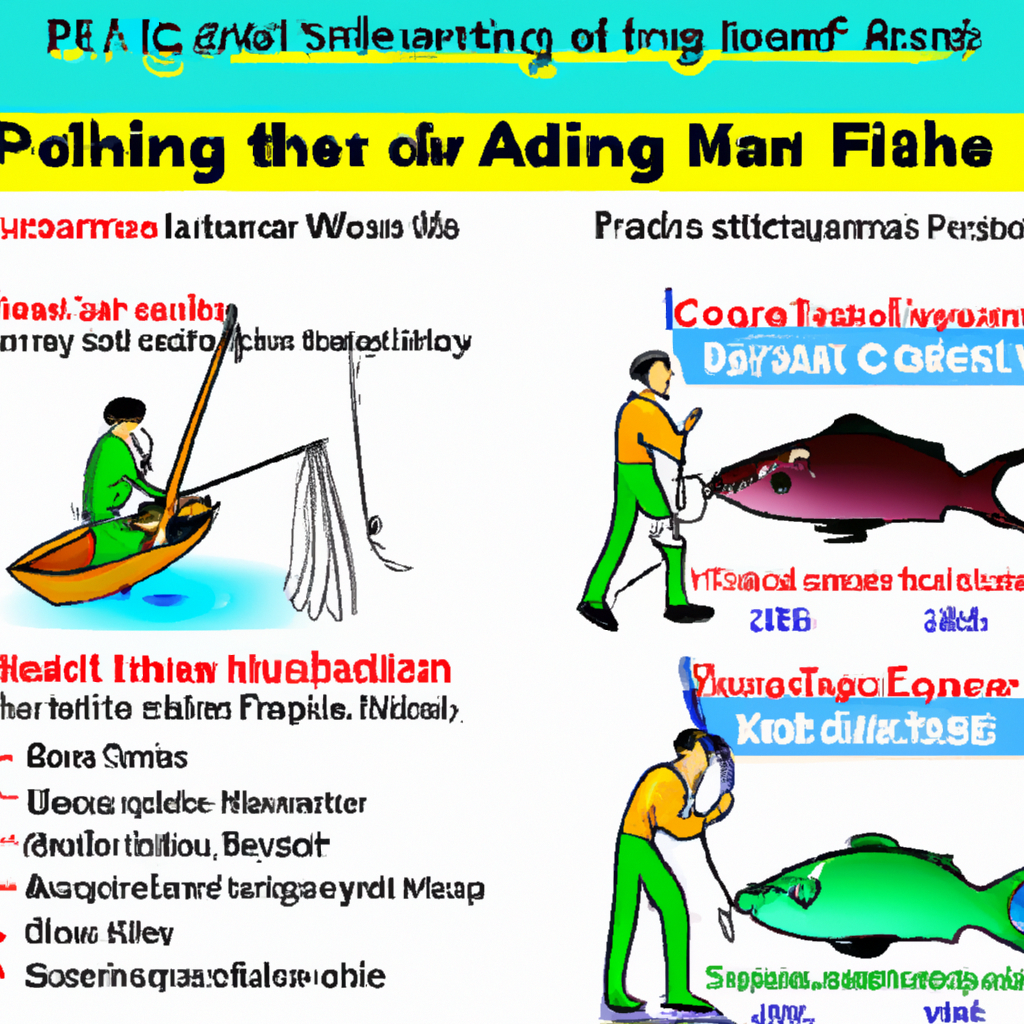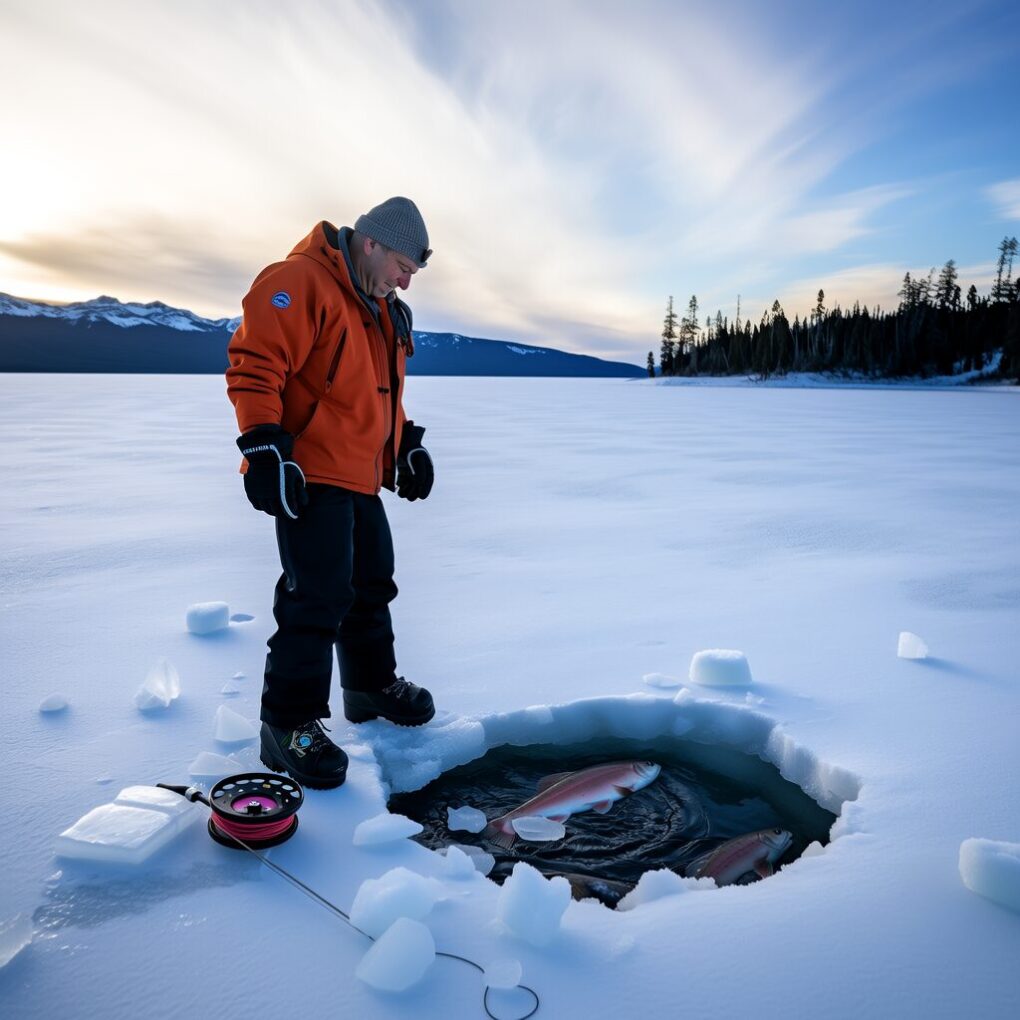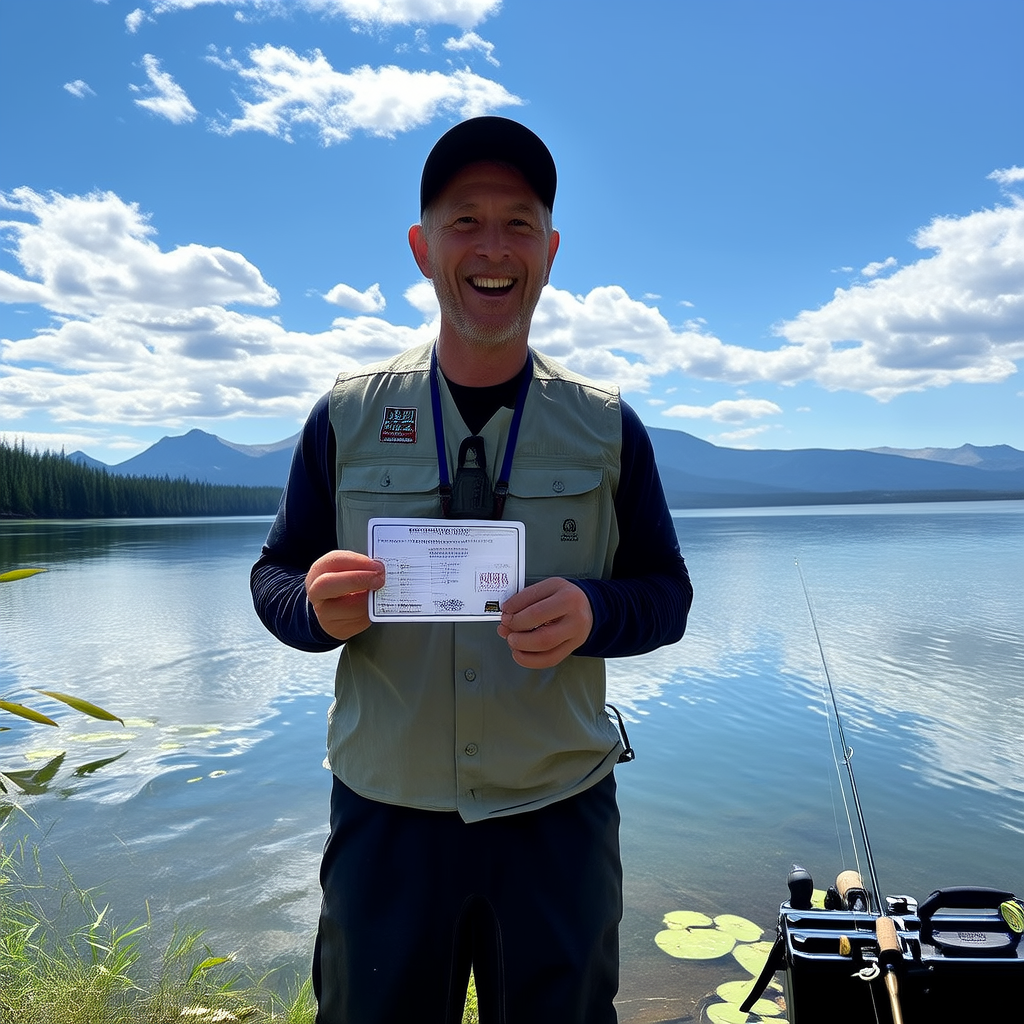Welcome to our comprehensive guide about fishing cheating, a topic that’s often frowned upon by the angling world. Fishing is more than a hobby or sport. It’s also a way to connect with nature and challenge yourself. Avoiding unfair or cheating practices is essential to maintaining the integrity of fishing. In this article we will explore the negative effects of fishing cheating and give you some tips on how to avoid it. Let’s get started!
Understanding Fishing Cheating
Anglers who intentionally cheat at fishing can gain an unfair advantage in a fishing contest or casual angling. These practices can include the use of illegal equipment, exceeding the catch limit, using prohibited bait or manipulating their fishing environment. These unethical practices not only undermine the concept of fairness, but also threaten the health and sustainability fish populations.
The Negative Impact of Cheating in Fishing
The effects of fishing cheating affect the entire angling community. Let’s examine some of the most prominent negative effects:
1. Environmental Damage
Cheating in fishing often involves harmful techniques for the environment. When using explosives to catch fish, the environment is also damaged. Anglers who exceed the catch limits also contribute to overfishing. This disrupts the delicate balance of aquatic eco-systems and puts various fish species at risk.
2. Unfair Competition
A fishing competition is a great way to test your skills and compare them with other anglers. When some competitors resort to cheating, they tarnish the spirit of fair competition. This not only discourages genuinely interested anglers, but also creates a climate of mistrust and disappointment within the angling world.
3. Reduced Recreational Value
Angling offers relaxation and enjoyment for countless people. Anglers who cheat undermine the recreational value fishing. The act of catching fish becomes less a skill-based achievement and more a dishonest feat. This reduces the overall satisfaction of the experience.
4. Legal Consequences
In many jurisdictions, cheating at fishing is illegal and can result in severe penalties. Depending on the severity of the offense, these penalties can include fines, suspension of fishing licenses, or even prison. Cheating practices can damage one’s reputation and their legal standing.
5. Loss of Ethical Fishing Culture
Fishing is a rich tradition, steeped with ethical conduct and traditions. Cheating undermines this culture and the values that anglers cherish for generations. The angling world thrives on mutual understanding, conservation efforts and promoting sustainable fishing methods. Cheating undermines this ethos and compromises centuries-old values.
Avoiding Fishing Cheating: Tips
Let’s look at some tips to avoid cheating when fishing.
1. Learn the Fishing Regulations
Keep up-to-date with the fishing regulations of your area. Each region has its own rules about catch limits, allowed baits, fishing techniques, and equipment. Ignorance of the regulations can lead to unintentional fraud. To ensure a fair and ethical fishing experience, it is important to be informed.
2. Respect Catch Limits
Always adhere to the catch limits set by fisheries management organisations. The purpose of catch limits is to maintain healthy populations of fish and ensure sustainable fishing techniques. These limits are not only harmful to the ecosystem, but also threaten the future of fishing.
3. Selective Harvesting: A New Approach
Catch and release is a good idea whenever possible. Selective harvesting is the process of carefully selecting which fish you want to keep and release the rest. This method helps conserve fish populations, particularly those of vulnerable or threatened species.
4. Use legal fishing equipment and techniques
Make sure that your equipment and fishing techniques are in compliance with local regulations. Illegal or unauthorized gear such as large meshnets or electric shock device is not only cheating, but also harms the environment and impacts other species.
5. Avoid Unfair Bait-and-Lure Practices
Cheating is using bait or lures which are prohibited or frowned upon. These practices include using live fish (where prohibited) and scents that are unnatural to attract fish. Learn about ethical choices for bait and lures to avoid unfair practices.
6. Learn Proper Fish Handling Techniques
By knowing how to handle fish correctly, you can reduce the risk of accidental harm or death. Improper handling may cause stress or injury to the fish. This increases the risk of post-release mortality. Learn the best practices to handle fish, such as how to unhook, land, and release.
7. Promote Education and Awareness
Share your knowledge with others and educate them about environmentally friendly fishing techniques. Encourage other anglers adopt the values of ethical fishing and conservation. By creating a community of responsible fishermen, you can contribute to the conservation of fishing traditions and the sustainability fish populations.
8. Report Cheating
Report any suspected cheating in fishing to the relevant authorities or event organizers. It is important to maintain the integrity and fairness of fishing competitions, as well as to ensure that all participants follow ethical practices. Reporting cheating helps to preserve the values and encourages others to refrain from unethical behavior.
9. Lead by example
Be a role-model for ethical conduct both on and off the waters. Engage in responsible fishing practices, respect the environmental, and encourage others. By setting an example, you can contribute to the integrity of the fishing community and help shape the future of fishing.
Conclusion
Fishing cheating undermines the integrity and value of this ancient sport. Not only does it harm the environment, but it also undermines trust in the angling community. It also reduces the recreational value that fishing offers. By adhering fishing regulations, using ethical angling methods, and spreading awareness, we can preserve the values of fishing and its traditions for future generations. Let’s all commit to being responsible waterways stewards and ensure the sustainability this timeless pastime.




